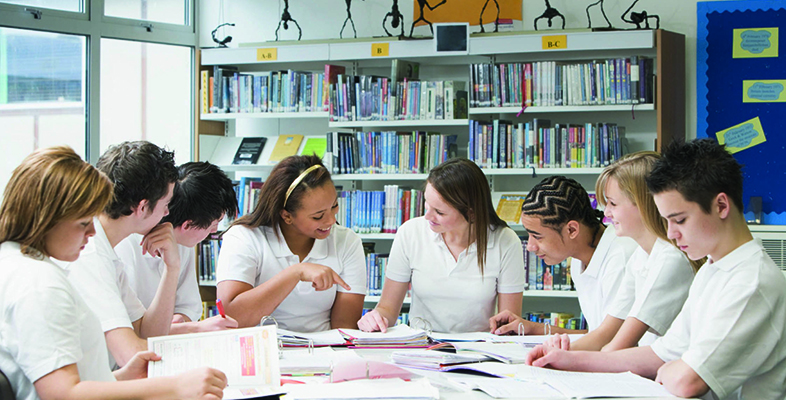1.1 The good language learner
Making progress in MFL is about students moving towards becoming independent users of the target language. The ultimate goal is for pupils to be able to communicate effectively, understand what is being said, and deduce meaning in the spoken and written word.
Grenfell and Harris (1999) consider good language learning to be about increasing autonomy in the use and development of a second language. They argue that knowing a language is extremely complex and has different levels: that is, fundamental levels of phonetics, phonology, morphology and syntax, as well as the manipulation of sound and organisation of structure. In addition, there has to be communication of meaning with the understanding and expression of ideas, as well as appropriate management of social and cultural ‘dimensions’ of the language (Grenfell and Harris, 1999, p. 41). All of these aspects of target language use will need to be assessed as the students move towards becoming good language learners.
In this context, making progress in language learning goes beyond simple knowledge of vocabulary and grammar structures. Therefore, monitoring and assessment strategies need to support students as they become increasingly independent users of the target language. For Grenfell and Harris, this means an emphasis on ‘learning to learn’ and approaching language learning from a different direction that focuses on the learner – their particular competence profile, learning styles and stage of developmental. Consequently, monitoring and assessment this requires consideration of ‘knowledge about language as well as knowledge of language’, and the inclusion of tasks and activities that develop both (Grenfell and Harris, 1999, p. 50).
If your approach to teaching a language includes also teaching the pupils how to learn a language, then how much and what kind of assessment will also need to reflect this.
Reflection point
Consider the assessment strategies you have observed in a school context or begun to use in your own teaching.
What aspects of language learning are assessed? How much consideration is given to pupils’ knowledge about language as well as of the language?
